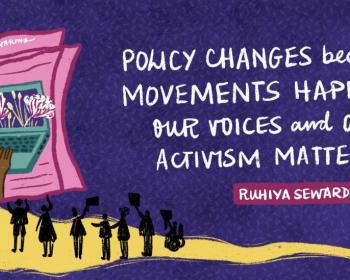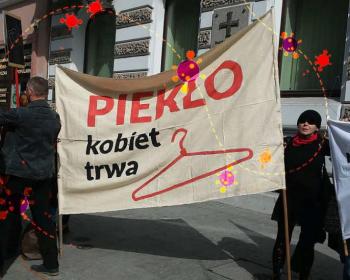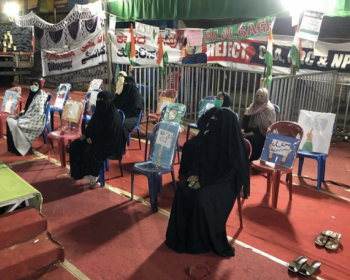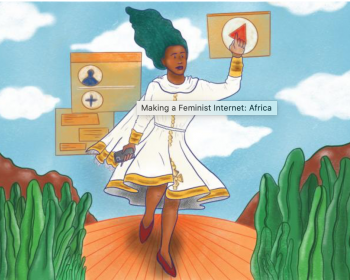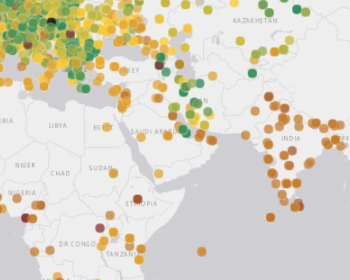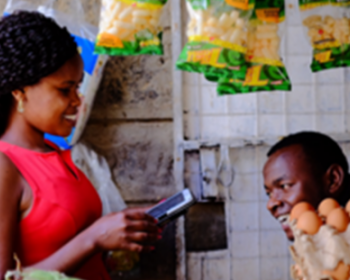genderIT
In this article, Zimbabwean feminist researcher and writer Fungai Machirori challenges the idea of "the global South" as a homogenous space.
How does working online change and challenge gender dynamics in the workplace? Here we learn more through the experience of a barrister about how some of the changes brought about by COVID-19 could potentially be liberating and eventually change the workplace to make it better for women.
The Feminist Internet Research Network intentionally seeks to go beyond research to impact on policy and advocacy. But what should a feminist approach to policy shifts encompass, specifically coming from the global South?
As a new bill which could restrict abortion even further was debated, Polish women found new ways to continue their protests for abortion rights, even in the face of lockdown measures caused by COVID-19.
White allies rarely explain why particular racist actions might have occurred. White liberal intellectuals frequently learn anti-racist discourse and mimic it back at us with little trenchant thought given to their own experiences of whiteness.
The Bilal Bagh protests in India snowballed from an all-women sit-in to a highly disciplined, non-violent revolution, even as it headed on a collision course with the Indian state and, as the government claimed, the COVID-19 virus.
This edition of GenderIT gathers a series of reflections inspired by the first Making a Feminist Internet in Africa regional convening. Feminists from eighteen African countries came together to discuss what the internet means for their lives and centre the voices of African women.
Targeting "the gap" between women and men in access to the internet is fundamental in reaching the goal of access for all.
Everything from knowledge to housing to career is determined by one’s social location. And so are relationships.
Connecting the next billion, is rightly so, an important issue in ensuring everyone has the choice to access the internet. Women, and in particular those with low levels of income and education, are more likely to be the unconnected. However, gaining access is one thing, but what are the challenges that limit men and women’s experience of the internet and present a barrier to access? In this ...

Association for Progressive Communications (APC) 2022
Unless otherwise stated, content on the APC website is licensed under Creative Commons Attribution 4.0 International (CC BY 4.0)





